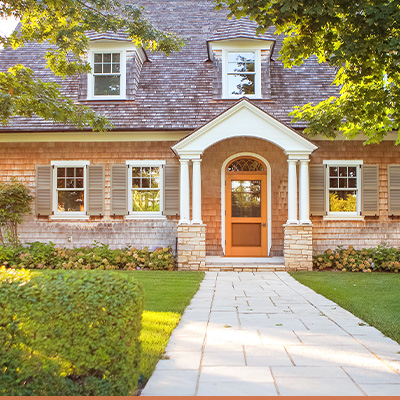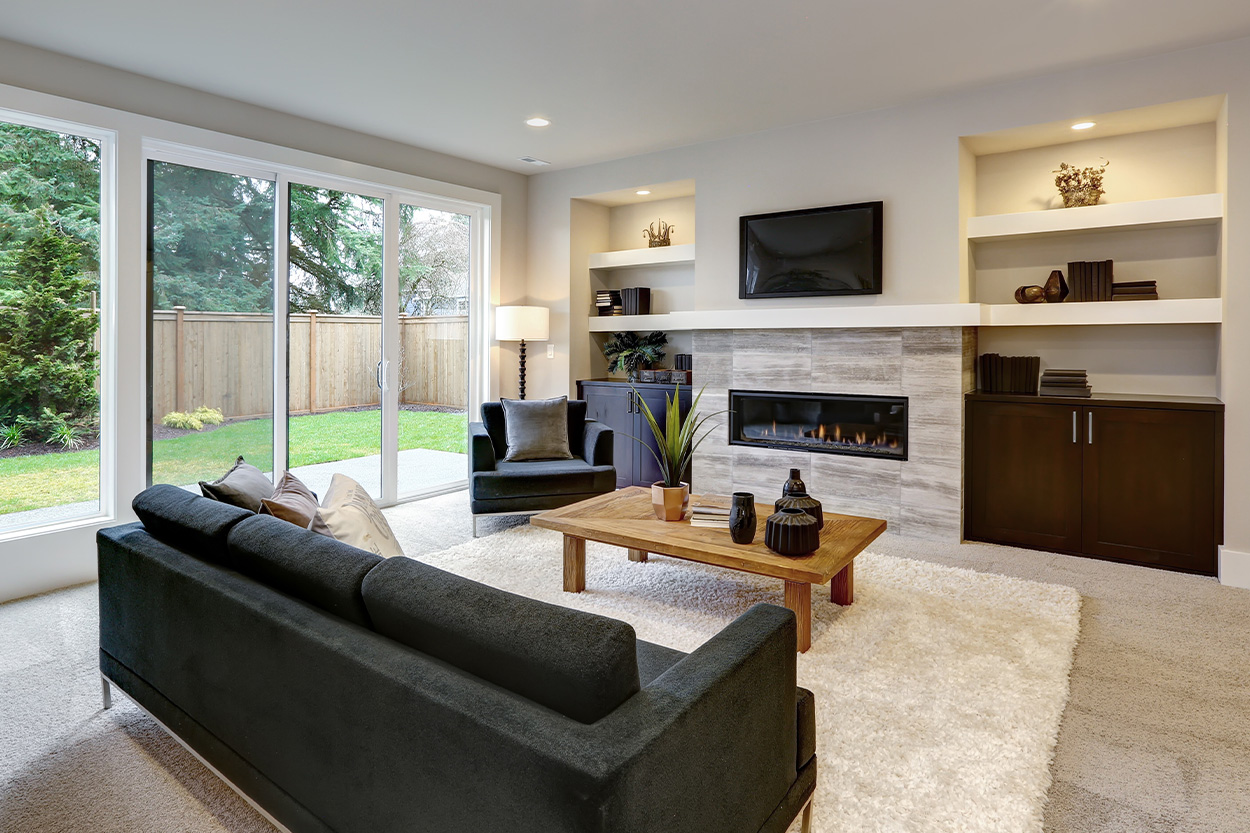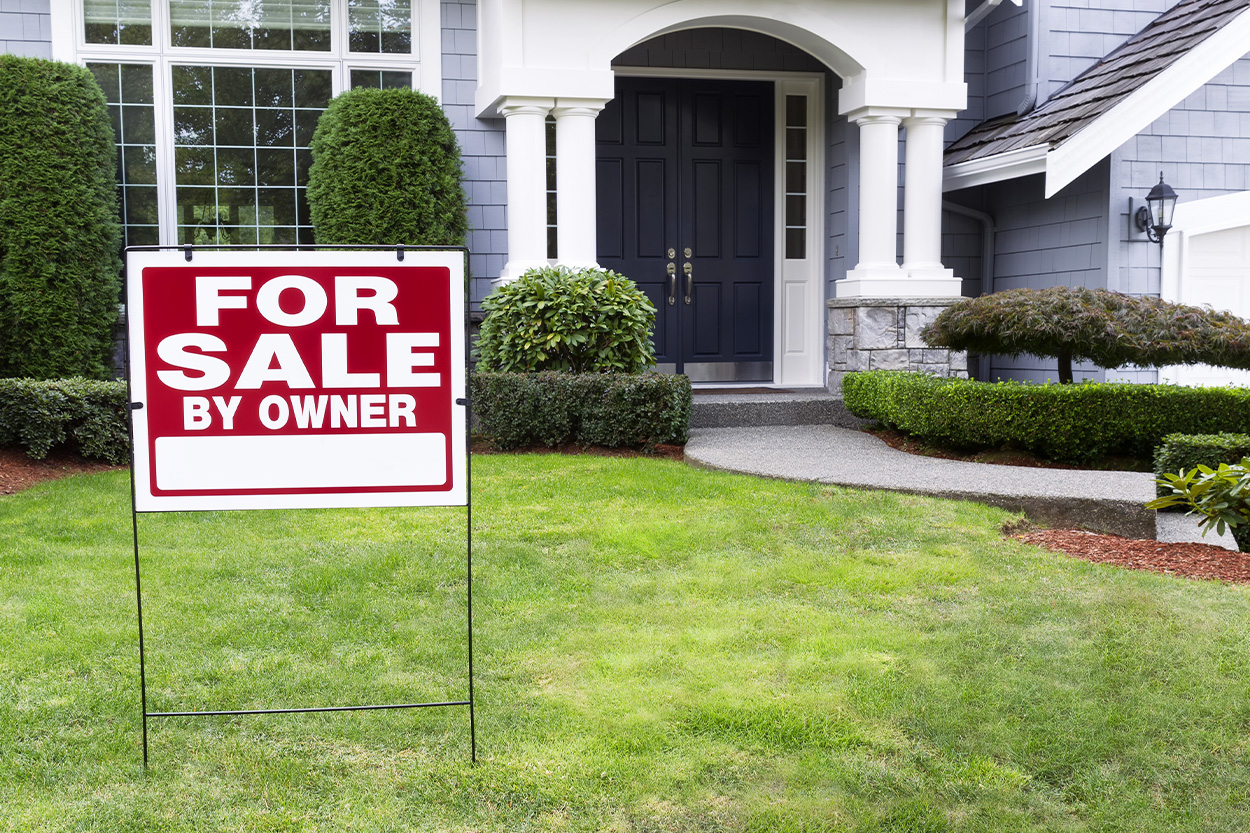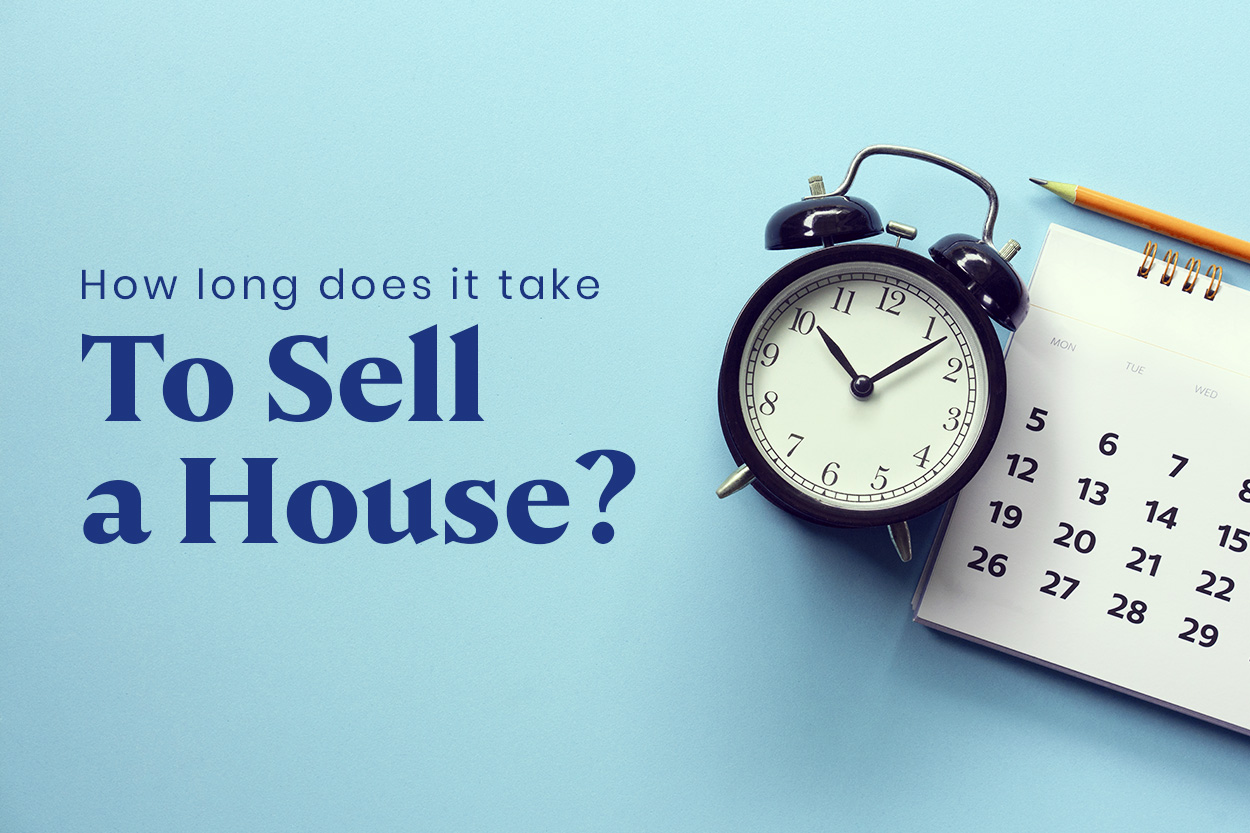Do I Have to Pay Taxes When I Sell My House? (+ how to avoid)

If you’re someone who hates paying unexpected taxes (which should be literally everyone) and you want to know how to keep more money in your pocket, then listen up.
Because you’re about to learn a bit more about what kind of taxes you have to pay (and how to keep more money in your pocket).
Let’s get started!
Capital Gains Tax–the worst tax of all

Whether or not you’ll need to pay a bunch of money when you sell your house depends entirely on your situation (and whether or not you hire an accountant that operates well in gray areas).
But regardless, if you have to pay money when you sell your house, it’s entirely due to the thorn in all of our sides–capital gains tax.
A capital gains tax is assessed on the difference between how you pay for an asset and how much you sell it for. As a basic example, if you purchase an asset for $100,000 and later sell it for $300,000, that difference—your $200,000 in profit—could be subject to a capital gains tax.
Though profit from the sale of a house is often taxed via capital gains, there are several exceptions that can help you avoid having to forfeit your income.
Let’s take a look at what exceptions can help keep more money in your pocket.
Exceptions to Capital Gains Tax (that will save you money)

The IRS typically allows individuals to exclude up to $250,000 of profit from the sale of a house. For a married couple, this exclusion amount is doubled to $500,000 (so, if you want to save money, it might be time to put a ring on it).
However, to be exempt from paying capital gains tax, the following must be true of your situation:
- The house you’re selling is your primary residence
- You have lived in the house for at least two of the previous five years
- You have owned the house for at least two of the previous five years
- You have not claimed the $250,000 or $500,000 exclusion on another house within the previous two years
If all the above factors are true in your case, then you will qualify for an exclusion on any of the profit you receive from the sale of your home. If not, you will have to pay a capital gains tax on every dollar you make over the amount you paid for the house (ouch…). This can be a significant amount of money. For instance, If you purchased a house for $200,000 and sold it for $400,000, you would have to pay capital gains taxes on $200,000.
There are still ways to save money even if you are forced to pay capital gains taxes. You’ll want to figure out what capital gains tax rate applies to your situation.
The rates below should help.
Capital Gains Tax Rates
If you have owned your house for less than a year, then a short-term capital gains tax rate applies. This rate is usually equivalent to your normal income tax rate (what is sometimes called your “tax bracket”). This rate can be as high as 37%.
If you have owned your house for more than a year, then a long-term capital gains tax rate applies. This rate is almost always far lower than the short-term rate and can save you lots of money. In fact, you may even qualify for a 0% capital gains tax rate. Otherwise, your long-term capital gains tax rate will be either 15% or 20%.
Therefore, a great way to save money on real estate capital gains taxes is to hold on to your asset for over a year.
How to Avoid Paying Capital Gains Taxes When You Sell Your House
There are a few ways to either fully avoid or significantly reduce capital gains taxes when you sell your house. The most basic way to avoid capital gains taxes would be if you sold your house for a loss, meaning you earned less money from the sale than you spent purchasing it. However, you can earn a profit and still avoid capital gains taxes.
One way is to live in your house for at least two years before selling it. This will ensure that you can qualify for the $250,000 exclusion or $500,000 for a married couple. If the profit you make from selling your house is less than this amount, you won’t have to pay any capital gains taxes. If you earn more than your exclusion, having lived in the house for those two years will ensure that the capital gains taxes you do have to pay are assessed at the less expensive long-term rate.
Deductions
Another way to reduce your capital gains tax burden is by keeping track of certain fees that you paid throughout the home buying process. The IRS allows you to deduct this amount of money from your capital gain taxes.
Some of the fees you should keep track of are:
- Title insurance
- Attorney fees
- Any commission you paid to your real estate agent
- Other closing costs
The Home Improvement Trick
A large number of your capital gains taxes can be reduced if you have made significant renovations to your house. Here are a few examples of home improvements that can reduce your capital gains tax burden:
- Remodels and expansions
- New windows
- Landscaping
- New fences and driveways
- Air conditioning installations
- Roof replacements
- Adding a swimming pool or other features
All of the money you invested in these improvements are considered by the IRS as part of the overall cost you paid for the house, and will not be subject to capital gains taxes.
Quick example: If you paid $500,000 for your house and sold it for $800,000, you would be subject to $300,000 in capital gains taxes. However, if you spent an additional $50,000 on home improvements, the IRS would view your original payment as $550,000 and reduce your capital gains tax burden to $250,000.
Now, if you had lived in that house for at least two years, you would qualify for the individual capital gains exclusion of $250,000, and owe exactly zero dollars!
Planning for Your Tax Burden When You Sell Your House
If you own a house that you rent, you might consider living there for a period of time before you sell it in order to qualify for a capital gains exclusion. When you plan to sell, you might consider investing in some renovations to increase the amount you can earn from the buyer, while also reducing the amount you will owe in capital gains taxes.
Armed with this knowledge, you can strategize and pick the right time to sell your house that will maximize your profit.






